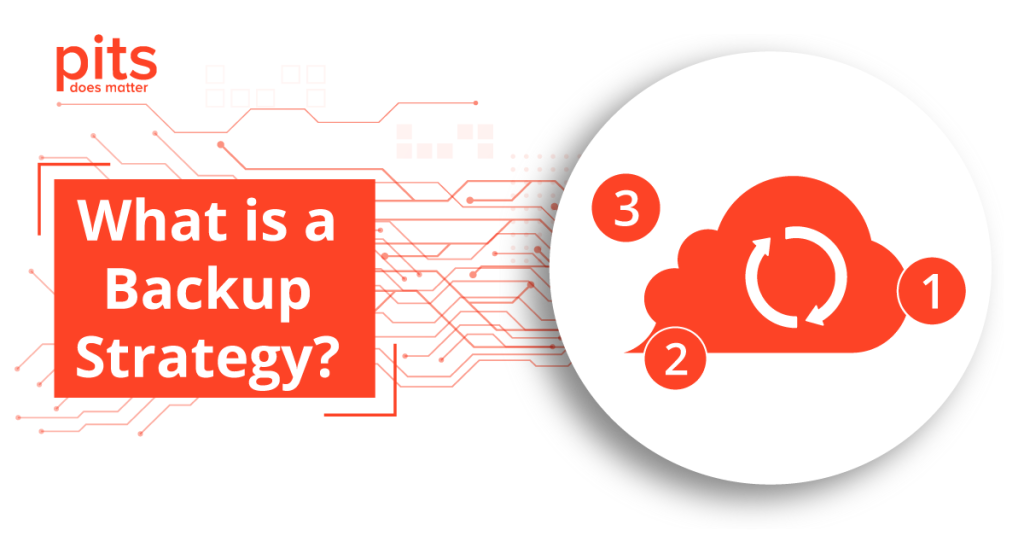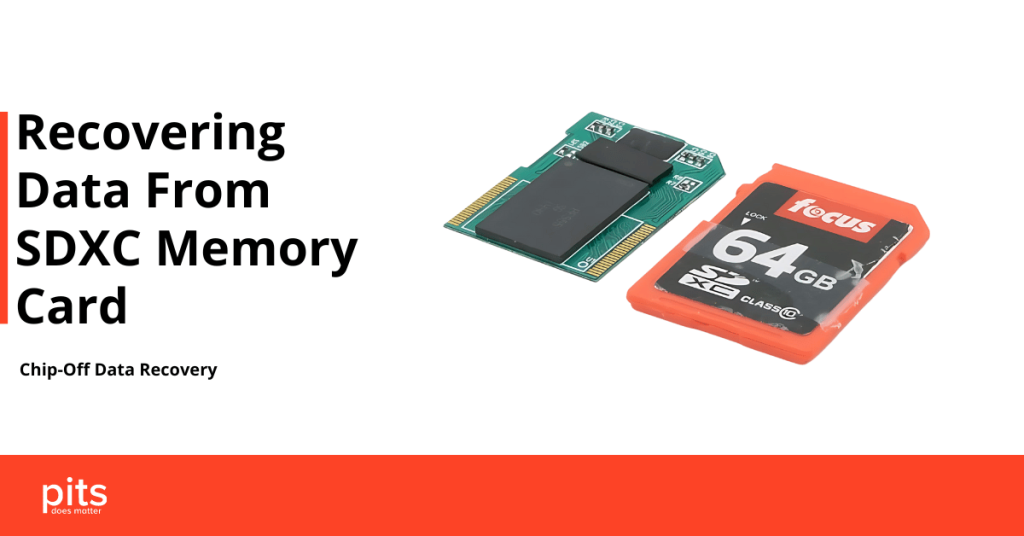Flash drives, also known as USB drives or thumb drives, are incredibly convenient tools for storing and transferring data. Their compact size and portability make them popular for personal and professional use. However, despite their benefits, there are several risks associated with using flash drives that users should be aware of. This blog post will explore these risks, providing insight into how to mitigate them and ensure data safety.
1. Data Loss
One of the primary risks of using flash drives is the potential for data loss. This can happen due to various reasons:
- Accidental Deletion: Files can be inadvertently deleted or overwritten, leading to permanent data loss if not backed up.
- Drive Failure: Flash drives have a limited lifespan and can fail due to wear and tear, leading to irretrievable data.
Mitigation Strategy
- Regular Backups: Always maintain backups of important files stored on flash drives. Use cloud storage or external hard drives as additional safeguards.
2. Physical Damage
Flash drives are small and portable, which makes them susceptible to physical damage. Common forms of damage include:
- Dropping or Impact: A fall can cause internal components to break, rendering the drive unusable.
- Exposure to Elements: Water, dust, or extreme temperatures can damage the drive and compromise data integrity.
Mitigation Strategy
- Use Protective Cases: Invest in sturdy cases or sleeves for your flash drives to protect them from physical damage.
- Avoid Extreme Conditions: Store flash drives in a safe, dry place and avoid exposing them to extreme temperatures.
3. Malware and Viruses
Flash drives can be a common vector for malware and viruses. They can become infected when plugged into an infected computer, leading to potential data breaches and compromised systems.
- Spreading Malware: If a flash drive is used on multiple computers, it can spread malware from one device to another.
Mitigation Strategy
- Use Antivirus Software: Always scan flash drives with up-to-date antivirus software before accessing their contents.
- Safely Eject Drives: Properly ejecting flash drives helps prevent data corruption and reduces the risk of malware transmission.
4. Limited Lifespan
Flash drives are not designed for long-term storage. Over time, they can degrade, leading to potential data loss. Factors that can affect lifespan include:
- Read/Write Cycles: Flash memory has a finite number of read/write cycles, and heavy usage can wear them out more quickly.
- Data Retention: While flash drives can retain data for several years, they may lose data integrity over time, especially if not powered regularly.
Mitigation Strategy
- Use for Temporary Storage: Use flash drives primarily for temporary data transfer rather than long-term storage. Regularly transfer important data to more reliable storage solutions.
- Monitor Usage: Limit the number of times you write or delete data on the flash drive to extend its lifespan.
5. Data Privacy Risks
Using flash drives can pose privacy risks, especially if sensitive data is stored on them. If a flash drive is lost or stolen, unauthorized individuals can access the data.
Mitigation Strategy
- Encrypt Sensitive Data: Use encryption tools to secure sensitive information on your flash drive, making it difficult for unauthorized users to access.
- Password Protection: Some flash drives come with built-in encryption and password protection features. Utilize these to enhance security.
Conclusion
While flash drives offer a convenient way to store and transfer data, they come with inherent risks that users must be aware of. By understanding these risks and implementing effective strategies to mitigate them, you can enhance the security and longevity of your data stored on flash drives.


